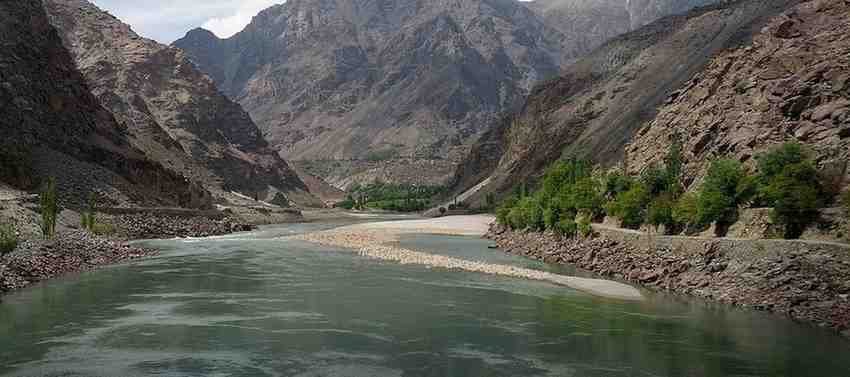India welcomed the decision by the World Bank-appointed ‘Neutral Expert,’ affirming their competency in addressing the issues raised regarding the Kishenganga and Ratle hydroelectric projects under the Indus Waters Treaty.
What’s the issue?
Pakistan objected to India’s position on the Kishenganga and Ratle hydropower projects in Jammu and Kashmir as they claimed the design features of the projects of not complying with the Treaty.
Earlier in 2015, Pakistan sought the appointment of a neutral expert to handle its objection to the projects. They later retracted their request from the Neutral Expert in 2016 and sought adjudication through a Court of Arbitration.
India joined meetings with the neutral expert since then but maintained its distance from engaging in the proceedings of the Permanent Court of Arbitration in The Hague. It claimed that both processes cannot run simultaneously.
The neutral expert, International Commission of Large Dams (ICOLD) president Michel Lino on Monday ruled the difference between both the countries to be falling under the jurisdiction of the ‘neutral expert’. He shared the decision to be made on the differences after hearing both parties.
India’s Stance
India welcomed the decision given by the Neutral Expert under Paragraph 7 of Annexure F to the Indus Waters Treaty, 1960. It vindicated its decision to refer the issue to the Neutral Expert in competence under the Treaty.
The Ministry of External Affairs wrote, “It has been India’s consistent and principled position that the Neutral Expert alone has the competence under the Treaty to decide these differences. Having upheld his own competence, which comports with India’s view, the Neutral Expert will now proceed to the next (merits) phase of his proceeding.”
The governments of India and Pakistan continue to engage with each other regarding the modification and review of the Indus Waters Treaty, as per Article XII (3) of the Treaty.
Indus Waters Treaty
The Indus Water Treaty (IWT) was signed between India and Pakistan in 1960, brokered by the World Bank for the use of water available in the Indus River and its tributaries.
The Treaty grants control over the waters of the three “Eastern Rivers” comprising the Beas, Ravi, and Sutlej to India, while control over the waters of the three “Western Rivers” comprising the Indus, Chenab, and Jhelum to Pakistan, with certain shares of all these rivers allocated to the other country.
As per the treaty, India has a share of 30% of the total water flow from the Indus River System within its territory, while Pakistan receives the remaining 70%.








